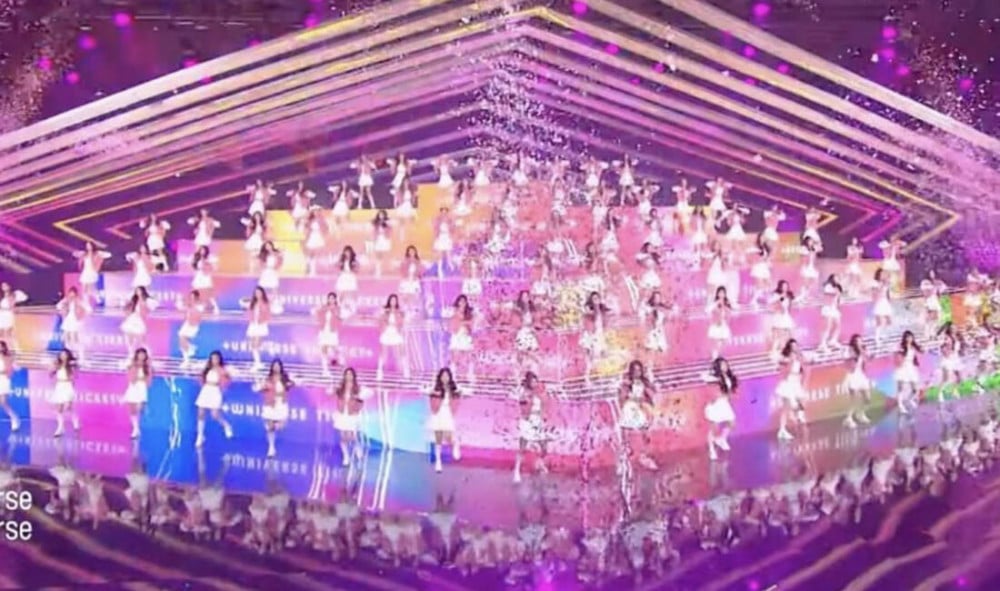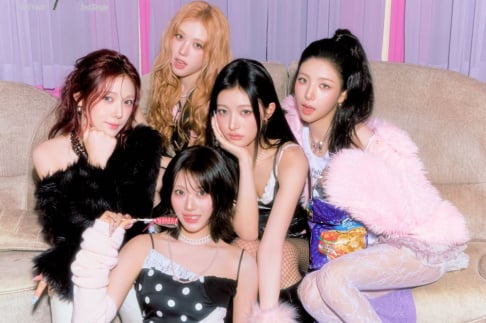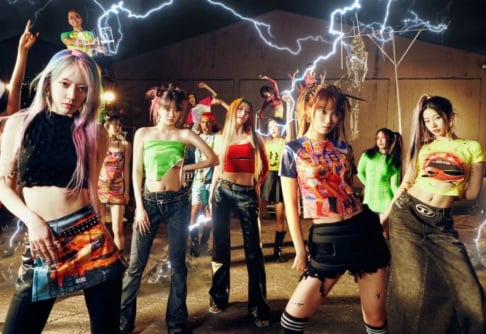
Skepticism mounts as K-pop group auditions backed by broadcasting companies yield low viewership ratings despite substantial investments ranging from 5 to 10 billion won. Analysts attribute this trend to non-content companies investing in K-pop with hopes of lucrative returns.
In recent years, numerous auditions have taken place, with groups like TNX and UNIS debuting through SBS' 'Loud' and 'Universe Ticket'. However, these groups struggle to gain attention post-debut. MBC's 'After School Excitement' series produced CLASS:y with minimal impact, and Fantasy Boys, another product of the series, have yet to make a significant mark. With terrestrial broadcasting stations facing limitations in garnering public interest, showcasing the training process alone may not suffice.
Parent company capabilities play a pivotal role, as seen with Mnet's 'Boys Planet' and JTBC's 'R U Next', considered success stories. ZEROBASEONE and ILLIT, products of these shows, have achieved significant milestones, owing to strong backing from CJ ENM and BELIFT LAB, respectively.
Amid this landscape, new K-pop group formation audition programs emerge, with JTBC launching 'Girls on Fire' and KBS introducing 'MAKE MATE 1', a global idol debut project.
SBS enters the fray with the male version of 'Universe Ticket', set to debut as 'Universe League'. Despite being backed by F&F Entertainment, concerns linger over whether it can compete with agencies boasting extensive K-pop group production experience.
Reflecting on the situation, a music industry official notes the rising costs of launching a K-pop group, fueled by growing global demand. While broadcasting companies benefit from reduced production costs, the influx of K-pop groups may lead to market saturation, posing challenges for the industry's sustainability.
SEE ALSO: CLASS:y makes comeback under new agency, working on new album with BTS producer EL CAPITXN
 SHARE
SHARE












































Give it a rest. There's too many of these kind of groups now and the shows are getting boring
1 more reply